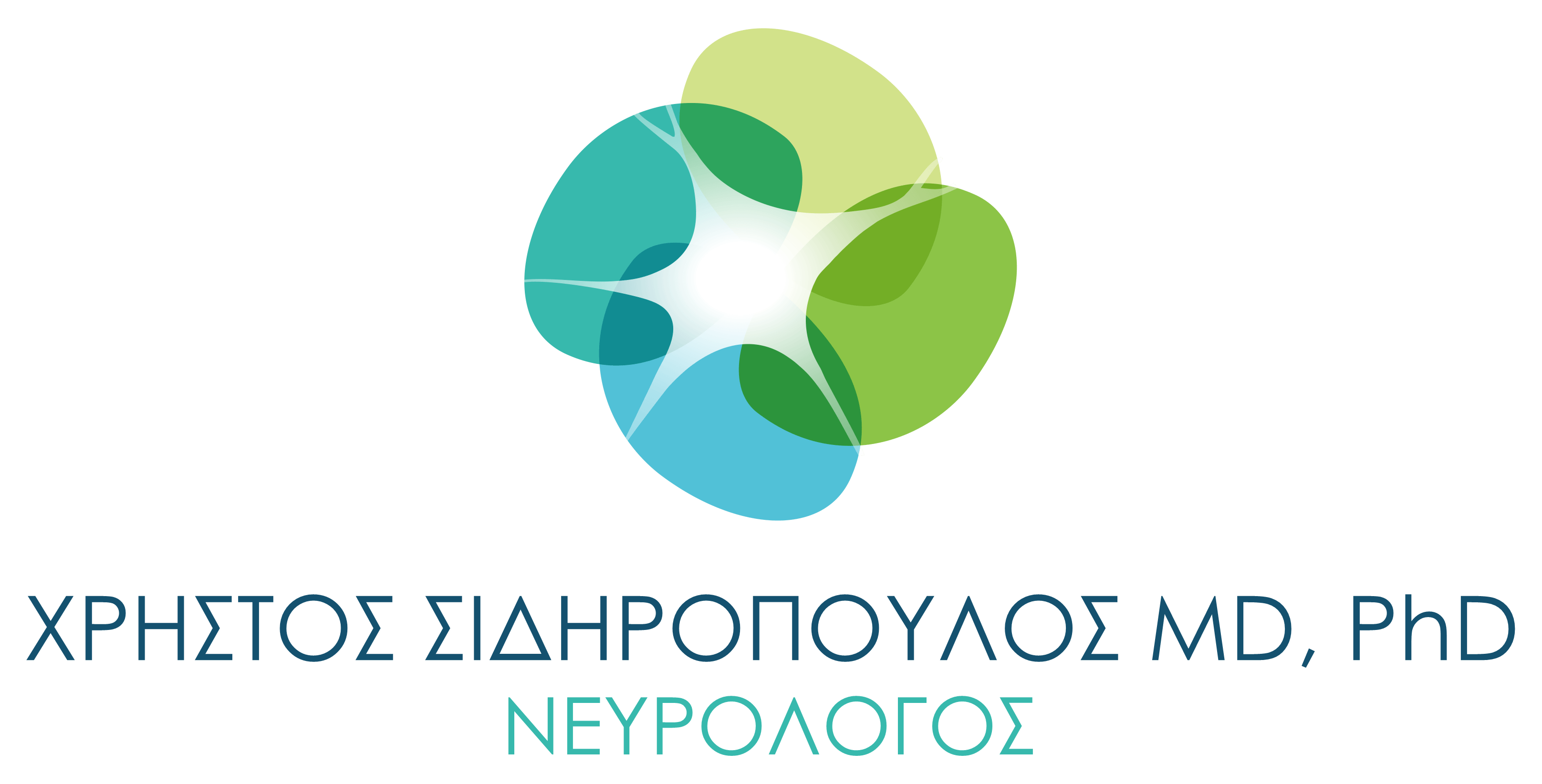Migraine is associated with a strong pain in the head, usually with a feeling of severe pounding on one side, accompanied by nausea, vomiting and sensitivity to light and noise. In some patients before the onset of severe pain, sensations like flashing lights and numbness in the hands may happen. The crisis typically lasts from 4 to 72 hours and depending on the person and gender, it can have periodicity or be sporadic.
Migraine is treated with classic but also newer generation drugs administered by the Neurologist, after clinical examination is done and imaging and laboratory tests are reviewed to reach a valid diagnosis and come up with an individualized treatment plan.
Especially in chronic headaches, whether they are migraines or chronic tension-type headache proper management is required. In addition to oral medication, depending on the cause of headache /migraine, we apply injections of botulinum toxin (BOTOX) with very good results.
Also in selected cases, newer formulations of subcutaneous antagonists of the calcitonin peptide can be prescribed (CGRP antagonists). In selected patients with migraine and headache syndromes, where medications do not work, peripheral neurostimulation (PNS) of the occipital nerves or trigeminal nerve branches with subcutaneous electrodes can be safely applied by a qualified neurosurgeon. There is a significant improvement in the frequency and intensity of headaches and many times a decrease or even interruption of medication may be feasible. Some patients also show long-term effects with neuromodulation techniques or neurolysis techniques.


